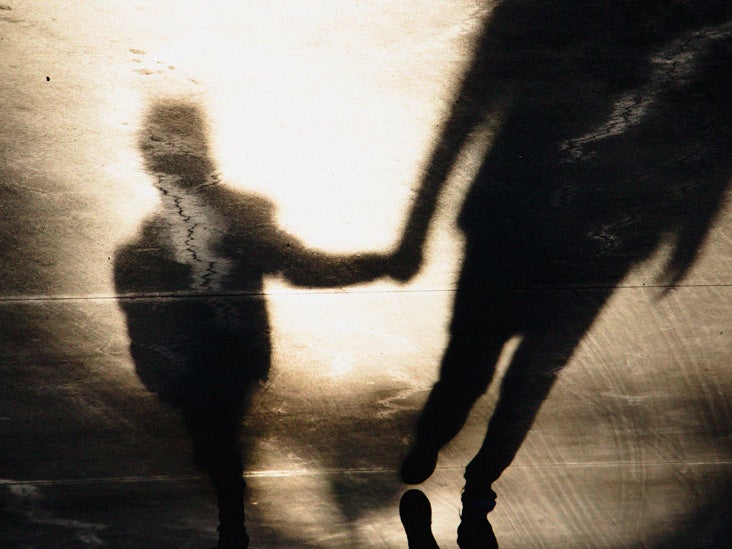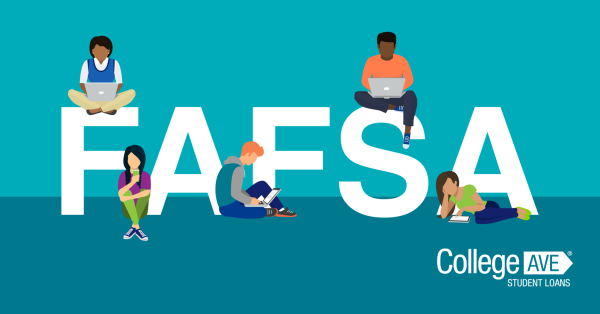Unconscious Emotional Incest Between Mothers and Their Children

Sarah just finished washing all the dishes after cooking dinner for Thanksgiving. And her mother tells her to clean her brother’s room as well. While Sarah continues to clean her brother continues to sit in the living room on his third hour of playing games on his xbox. Sarah’s mother told her brother to take his shoes out of the living room and put them in his room. Sarah’s brother groans and complains that he “can’t do it”. This behavior is common in most households. Mothers usually make their daughters do more housework than their sons. There has been much speculation on the extreme emotional relationship between mothers and their sons. Mothers tend to treat their sons with more patience, enabling them to not want to grow up and become independent. This is usually called emotional incest or covert incest. Emotional incest is not physical sexual abuse; like it implies but it actually applies to an unseemly closeness between mother and her son. Due to this behavior daughters and their mothers often have conflict or animosity between them because the daughter feels that her mother is neglecting her or loves her sibling more.
Emotional incest can happen unconsciously. With how emotional incest operates the parent, whether it be mother or father usually mother, treats the child as more of a romantic partner rather than their child. For instance, the parents depends upon the child for comfort or companionship when they are sad or lonely conversely ask for advice in perspective to conflict at work or in their personal relationships etc. As a result of these practices, the child may have heightened mature habits when a problem arises or they might recognize that their parent shares information with them that most parents would not share with their children and as a result they might special or privileged. There is no official standard as to what classifies as emotional incest but a 2021 study came up with twelve signs of emotional incest and divided them into two sections. The first section being Surrogate Spouse. Case in point; when parents argue, the child might find themselves taking to one parents side of the argument more than the other or they might be expected to gravitate towards one parent more than the other. The section of Surrogate Spouse essentially means that the adult begins to rely on the child for certain needs that aren’t being men in their relationship with their spouse. The second section of emotional incest signs is called Unsatisfactory Childhood. The Unsatisfactory Childhood section primarily mean that the child took on roles in their household that weren’t age appropriate during their childhood. In particular, a child has had to mature or “grow up” sooner than those around them to help support their parents. Or a child may have had to consider or manage family responsibilities like getting a job to help with bills or dropping out of school to take care of younger siblings or the house.






